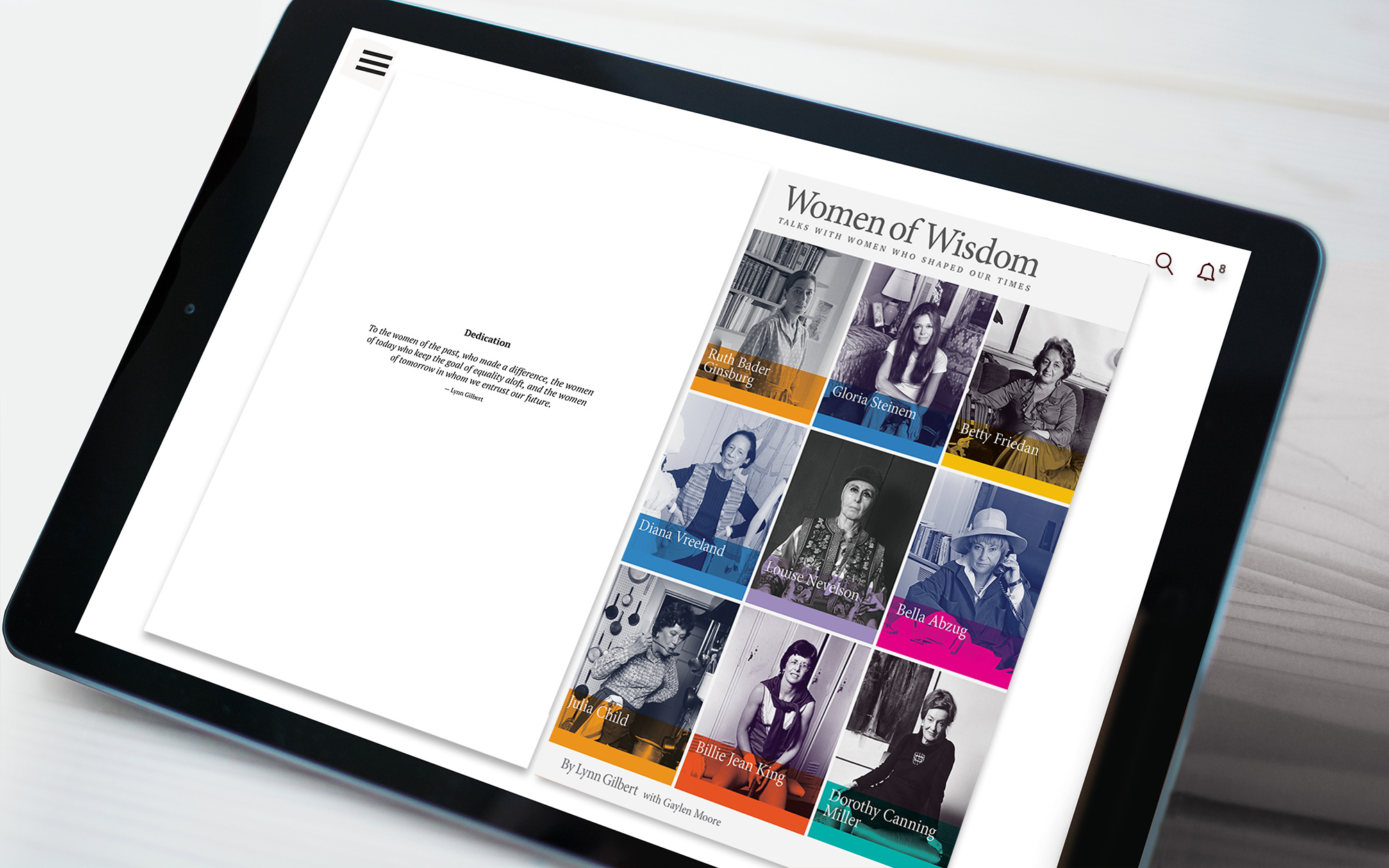"After one taste of French food, after our very first meal in France, at Rouen, on the way from Le Havre to Paris in our old blue Buick that we had brought over with us on the boat — after that first unforgettable lunch, I was hooked. I’d never eaten like that before, I didn’t know such food existed. The wonderful attention paid to each detail of the meal was incredible to me. I’d never really drunk good wine before, and knew nothing at all about it. It was simply a whole new life experience. But you don’t spring into good cooking naked. You have to have some training. You have to learn how to eat. It’s like looking at a painting: If you don’t have any kind of background, you don’t really know what you’re looking at. The French have training from their families, they grow up with an appreciation of food, that it is an art, that it is worth considering carefully and looking at. I had to learn, and both cooking and taste developed simultaneously for me."
— Julia Child, in Particular Passions: Talks With Women Who Shaped Our Times.









